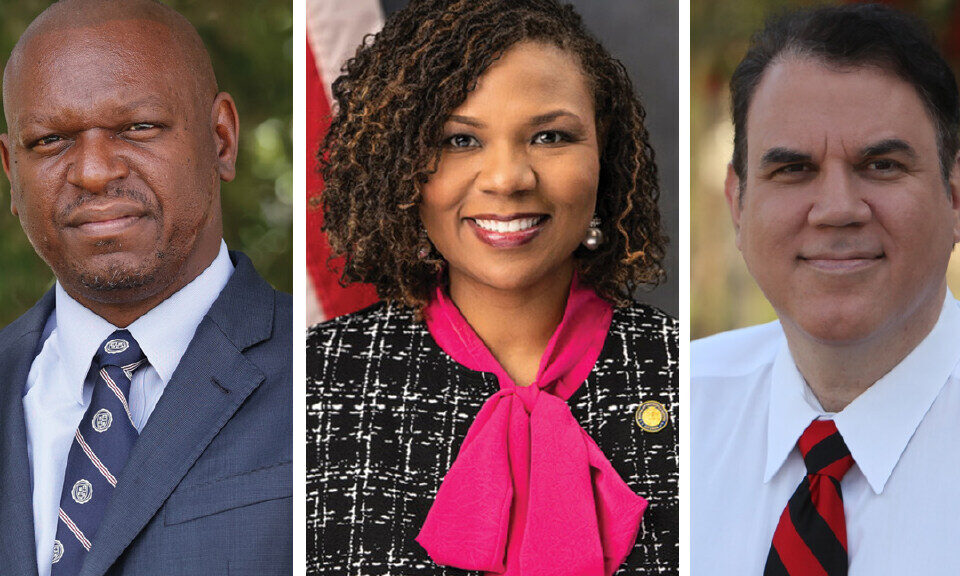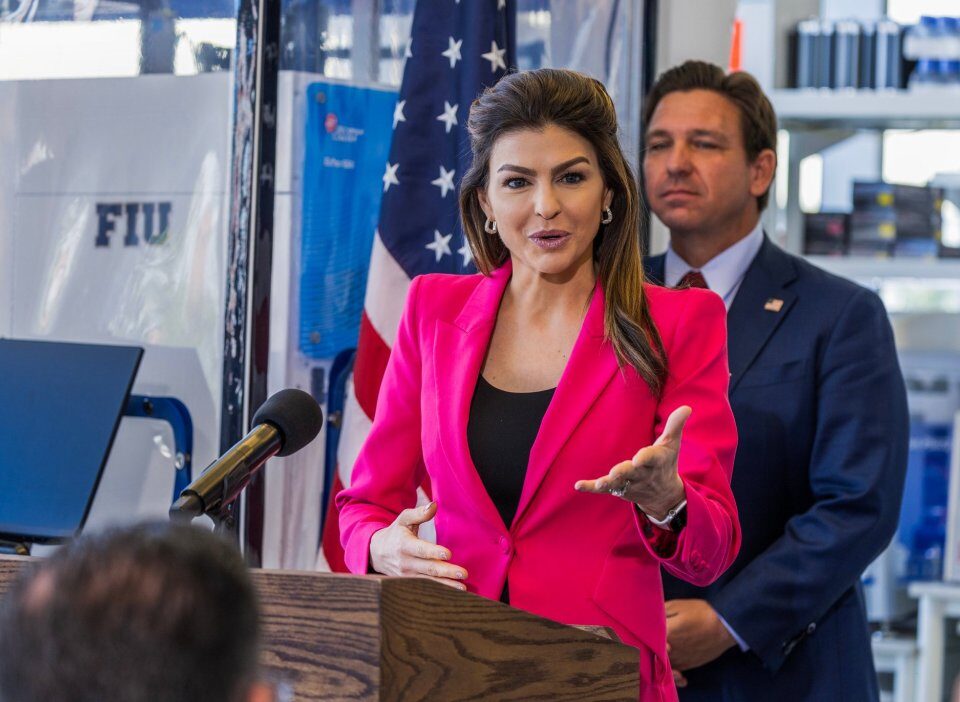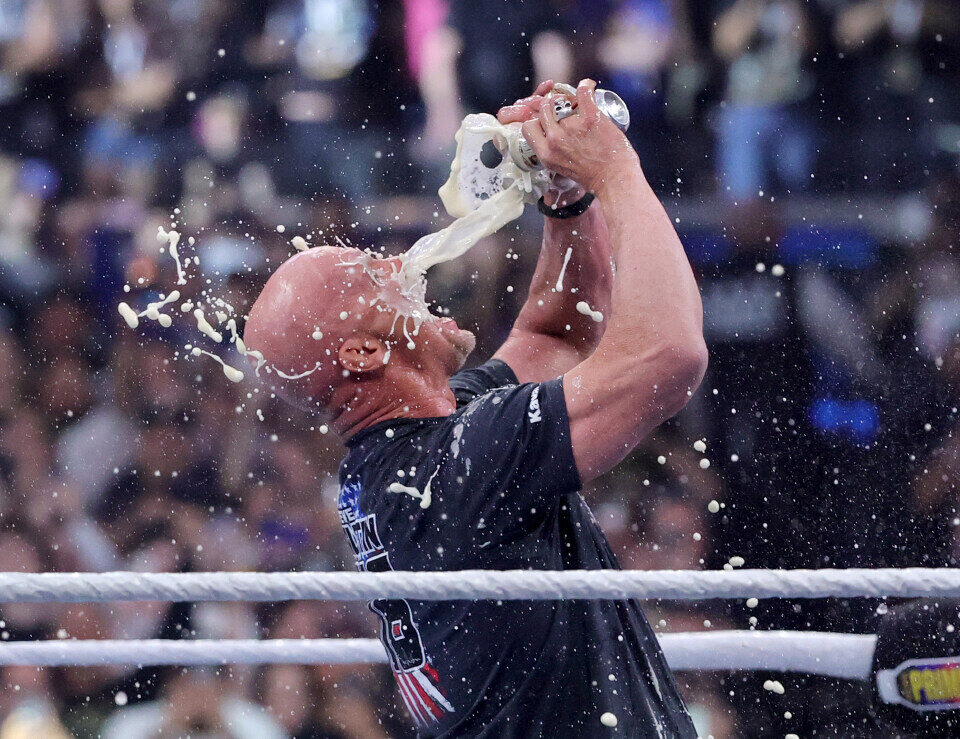Local business groups are sounding the alarm about a state bill they say would make it harder to market Tampa Bay and other Florida attractions to tourists, just as the beaches are regaining their footing after two devastating storms.
Pinellas and Hillsborough counties collect more than $150 million from hotels each year to fund everything from ads in New York City subway stations, to Tampa’s Raymond James Stadium and St. Petersburg’s Dalí Museum, to beach renourishment projects.
But Rep. Monique Miller, R-Palm Bay, is spearheading a bill that would effectively defund tourism boosters like Visit Tampa Bay and Visit St. Pete-Clearwater. Instead, hotel tax dollars would have to either be spent on official county projects and contracts — including but not limited to tourism-related efforts — or property tax refunds by 2026. Counties that still want to fund tourism marketing generally will have to find money elsewhere.
A legislative committee moved the bill forward by a narrow vote Tuesday, with several Republicans joining Democrats in opposition. The Florida House and Senate will have to pass it before session ends May 2 for the bill to have a chance of becoming law.
Opponents warn that communities like Tampa Bay need money to market the destination if they want to continue seeing record numbers of visitors next year — and reaping the sales tax revenue and jobs that tourists bring. Pinellas County saw 15.4 million visitors last year, who funded about a third of sales tax collections, said Charlie Justice, a former Pinellas County Commissioner who is now CEO of the Tampa Bay Beaches Chamber of Commerce.
Visitors also support over 160,000 Tampa Bay hospitality jobs, according to estimates from the beaches chamber and Visit Tampa Bay CEO Santiago Corrada.
Tourism marketing dollars become all the more essential after natural disasters affect tourists’ perceptions of Tampa Bay, Justice said. After Hurricane Helene, Visit St. Pete-Clearwater maintained a list of beaches and businesses that had reopened.
“If you go back and look in Florida history after oil spills… after (COVID-19), there was an increase in spending to market our destination to remind people Florida is open for business,” he said. “There’s very few successful industries or brands that don’t advertise.”
Two Tampa Bay representatives weighed in yesterday. Rep. Linda Chaney, R-St. Pete Beach, said she was happy to champion a bill that could lower the tax burden on her constituents.
“My residents have been asking me (for) this for 30 years,” she said.
Lindsay Cross, D-St. Petersburg, asked whether the bill’s sponsors had examined how beach communities might be impacted with less funds for tourism marketing. She voted no on moving the bill forward.
Groups uplifting the state’s tourism industry and beaches — Destinations Florida, a number of restaurant and lodging associations, the Florida Attractions Association and the Florida Shore and Beach Preservation Association, among others — spoke in opposition to the bill.
Even if Tampa Bay property owners were refunded all $150 million collected from hotel taxes, it would still amount to a small fraction of the more than $1.5 billion Hillsborough and Pinellas collect in property taxes each year, according to Destinations Florida, which supports tourism boosters throughout the state.
“Eliminating tourism promotion isn’t a cost-saving measure — it’s an act of economic sabotage,” Executive Director Robert Skrob said. “This proposal gambles with the livelihoods of more than 2 million Floridians, from hotel workers to small business owners, and risks collapsing the tax base that makes Florida’s income tax-free status possible.”
Proponents of the bill said tourists will still flock to Florida without direct advertising. But Justice said ad spending in, for example, the Midwest directly boosts how many people travel to Tampa Bay.
Corrada said hotel taxes are paid by visitors and businesses, not residents, and reinvested to generate more economic benefits for the state and region. It’s especially important to market a destination like Tampa, he said, that must compete with better-known contenders like Orlando and Miami.
In 1993, Colorado defunded its tourism marketing efforts and visitation plummeted, according to the Colorado Sun. The state lost $2 billion per year until the tourism budget was revived in 2020.
“Florida does not have a monopoly on tourists,” Corrada said. “We’ve done well in that arena because we’ve invested in drawing visitors here.”
Even some Republicans are wary of abruptly defunding tourism promotion in Florida.
“While I want to give property tax relief to our citizens,” said Debbie Mayfield, R-Melbourne, “I don’t believe this is the right way to do it.”






